Why So Many Members Of The Orthodox Jewish Community Aren’t Here For Netflix’s Portrayal Of Them
On today's episode of BuzzFeed Daily, we broke down the top pop culture headlines AND discussed Netflix's shows about the Orthodox Jewish community. You can listen below or scroll down to read more about the interview!
So let's dive right into it! Recently we talked to Buzzfeed News’ Joe Bernstein about the recent influx of Orthodox Jewish shows on Netflix — and how the community feels about them. Here's some of what we learned:
BuzzFeed Daily: You wrote a very interesting piece for Buzzfeed News about the recent boom of TV shows on Netflix about Orthodox Jewish communities. Because they’ve received a fair amount of backlash from actual members of these communities. Would you mind explaining what the central conflict is for our listeners?
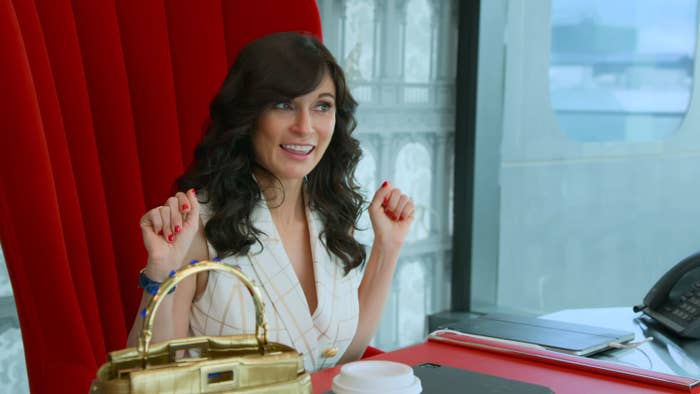
Joe Bernstein: So I wrote about basically three very high-profile shows on Netflix. One is called Unorthodox. A lot of people watched it at the beginning of the pandemic. It's about a woman who leaves the Haredi community. One is called My Unorthodox Life. It's a reality show about a woman who leaves her community outside New York City and becomes a fashion executive. And one is called Shtisel, which is a show about ultra-Orthodox Jews in Israel.
What some Haredi Jews — Ultra-Orthodox, super observant Jews — believe is that these shows sort of unfairly cast them in a negative light, and that they only focus on the negative aspects of these communities. The shows tend to focus on the ways that these communities are very difficult for women — which they are, they can be very repressive — and the ways traditional Jewish observance keeps people from sort of fulfilling their identity.
And so because of that, particularly Orthodox Jews who have more of a foot in the modern world have objected to what they see as a kind of one-dimensional or one-sided portrayal of ultra-Orthodoxy in popular entertainment.
BuzzFeed Daily: The thing that really stuck out about your piece is this idea of representation. Hollywood has been making a push in recent years to create programming centered around communities that have been traditionally underrepresented in film and TV. This is considered by most to be a very good thing — but why is it different for the Haredi community?
![JB: That was really the question that got me thinking about this piece, because you're exactly right. In some ways, while the entertainment industry is far from being completely representative, there's never been a better time to consume entertainment. [This is especially the case] if you're a member of a religious or racial minority [and are consuming] media that's made with people of your background in mind, maybe by people of the same background, telling stories about that background. The issue with Haredi Jews is that most of them don't participate in secular culture for religious reasons, and so when you're making programs about them, they're not only probably not going to be participating in the creation of those stories, but they may or may not actually be consuming them. And so you have a situation where a minority is being represented to a massive secular audience, but for these structural religious reasons, not actually participating in that representation.](https://s.yimg.com/ny/api/res/1.2/SXIbAbNC8JAU2lUx5IJCdw--/YXBwaWQ9aGlnaGxhbmRlcjt3PTk2MDtoPTU3Ng--/https://media.zenfs.com/en/buzzfeed_articles_778/3d028618498014164550323af0a85456)
JB: That was really the question that got me thinking about this piece, because you're exactly right. In some ways, while the entertainment industry is far from being completely representative, there's never been a better time to consume entertainment. [This is especially the case] if you're a member of a religious or racial minority [and are consuming] media that's made with people of your background in mind, maybe by people of the same background, telling stories about that background.
The issue with Haredi Jews is that most of them don't participate in secular culture for religious reasons, and so when you're making programs about them, they're not only probably not going to be participating in the creation of those stories, but they may or may not actually be consuming them. And so you have a situation where a minority is being represented to a massive secular audience, but for these structural religious reasons, not actually participating in that representation.
BuzzFeed Daily: Another thing you pointed out in your piece is that most of the writers or consultants who work on these projects that are actually from Haredi communities are no longer active members, and in some cases, they have negative perspectives about those communities. Why do you think this is the case?
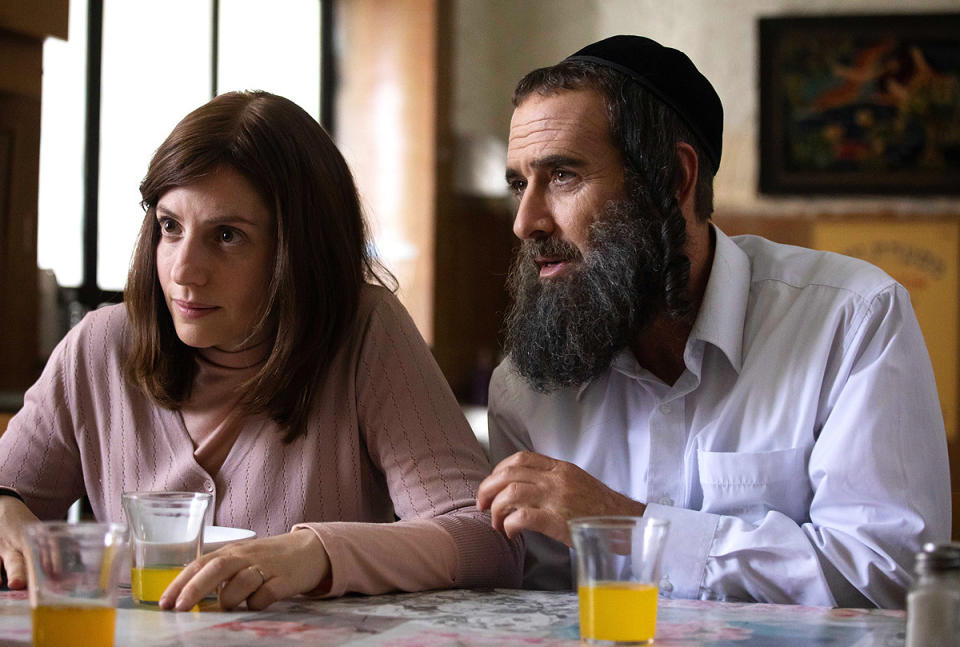
JB: Well, I don't want to speak for everyone who's left a Haredi community. I think if you're a member of a religious community that is sort of like a total institution in that way and you leave it, you're probably going to have some pretty strong motivations behind it, because what those groups tend to do is give you many, many reasons to stay and they make it hard to leave. Not necessarily in an overt way, although they may do that. But if your entire life is within a certain social context that provides many things for you, it's hard to leave it. And so, yes, because the people who participate in these shows have left these communities, of course, stories about leaving and being unhappy are going to be overrepresented. I don't think anyone would really disagree with that.
That said...I talked to one woman who left New Square, which is a community in New York where men and women walk on opposite sides of the street. It's a very, very, very highly observant, maybe the most repressive form of Judaism that's practicing in the United States, and even this woman who left a really oppressive community said that, in some ways, she doesn't agree with the representation that these groups get on television because she thinks it's too one-sided.
Another woman I talked to, Malky Goldman, a consultant and actress who left an ultra-Orthodox community in Israel, said that she doesn't just want to show the repression, or people sort of at war with their communities. She also wants to show what is beautiful about those communities and what makes people stay.
And so I think the more sophisticated portrayals such as in Shtisel, the Israeli show, show people in conflict with themselves and their communities, but they also show why these communities have persisted for so long. It's not just negative.
BuzzFeed Daily: You spoke with several ex-Haredi folks who have somewhat conflicting opinions on these stories being told. For most of them they’re aware of, and in some cases have even experienced, some of the more repressive aspects of the Haredi lifestyle, especially women. One ex-Haredi woman you spoke to said, “It was misogynistic. I didn’t feel respected or recognized by the men in my community.” But at the same time, some think these shows lack depictions of the positive aspects of Haredi life. Did any of them suggest how they think that balance should be struck, given the negatives?
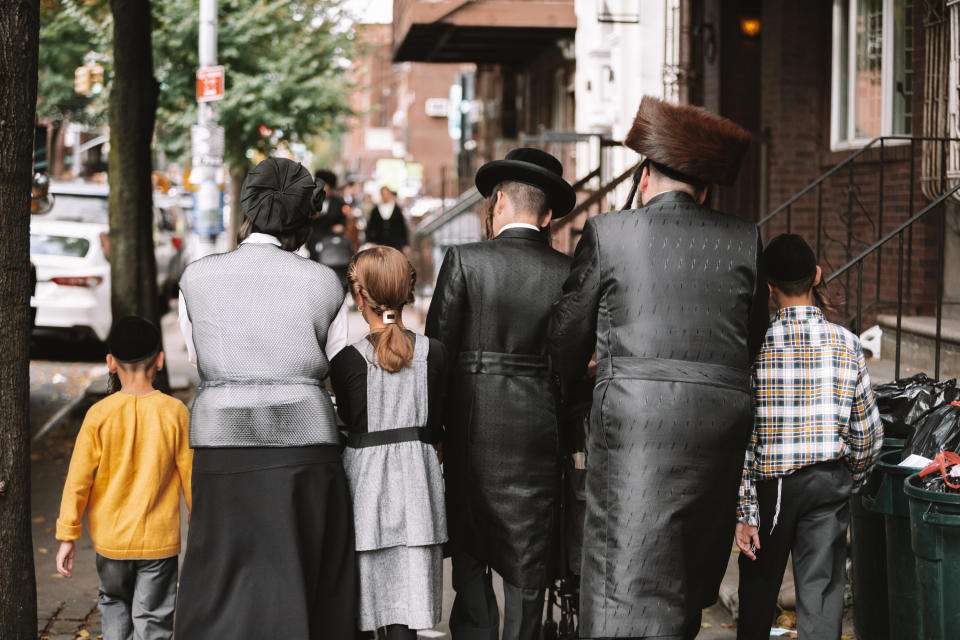
JB: One thing to keep in mind when you're talking about Haredi Jews is that Jews are a tiny proportion of people in the world, and that within that percentage, Haredi Jews are a small proportion of Jews in general. And so the average secular person watching a show like this is going to have no context for that kind of community. I think because of that, these shows have an enormous amount of power, even more so than a show that represents a disadvantaged or minority group that hasn't been traditionally shown on television and film.
And so I think there's just an extra degree of care that needs to go into these shows, precisely because they may actually form the entire opinion of a person, particularly someone who doesn't live in a major metro area with a lot of Haredi Jews. I mean, I can walk around Brooklyn and see the men in the black hats with their sidelocks and the women in their wigs and their skirts. But not everyone can. Not that you should go on like a Haredi safari, but you take my point. And so I think there's just a degree of responsibility when the only experience the person is going to have with a group of people who have been persecuted is through mass media.
We also discussed how John Krasinksi shared the one scene he refused to shoot on The Office.
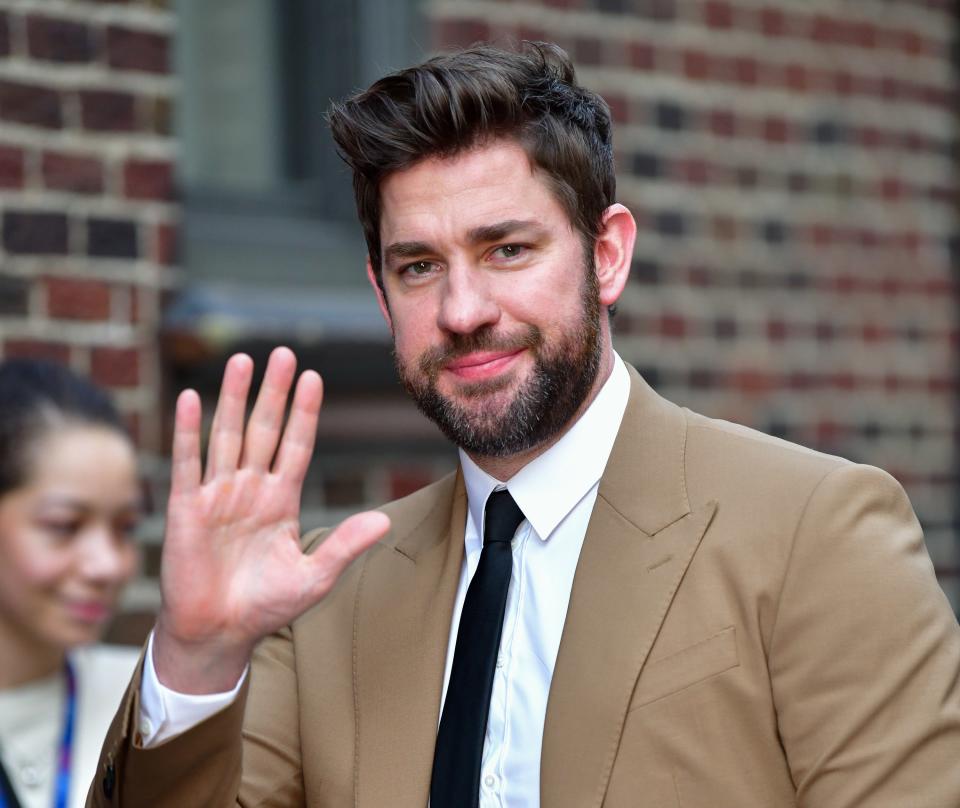
It was revealed in Brian Baumgartner's new book, Welcome to Dunder Mifflin: the Ultimate Oral History of The Office, that in Season 8, Jim was supposed to cheat on Pam with Kathy, her maternity leave replacement.
John Krasinski, however, thought it was too much. He said: "My feeling is there is a threshold with which you can push our audience. They are so dedicated. We have shown such great respect to them. But there’s a moment where if you push them too far, they’ll never come back. And I think that if you show Jim cheating, they’ll never come back.”
Plus, Shawn Mendes and Camila Cabello announced they’ve broken up.
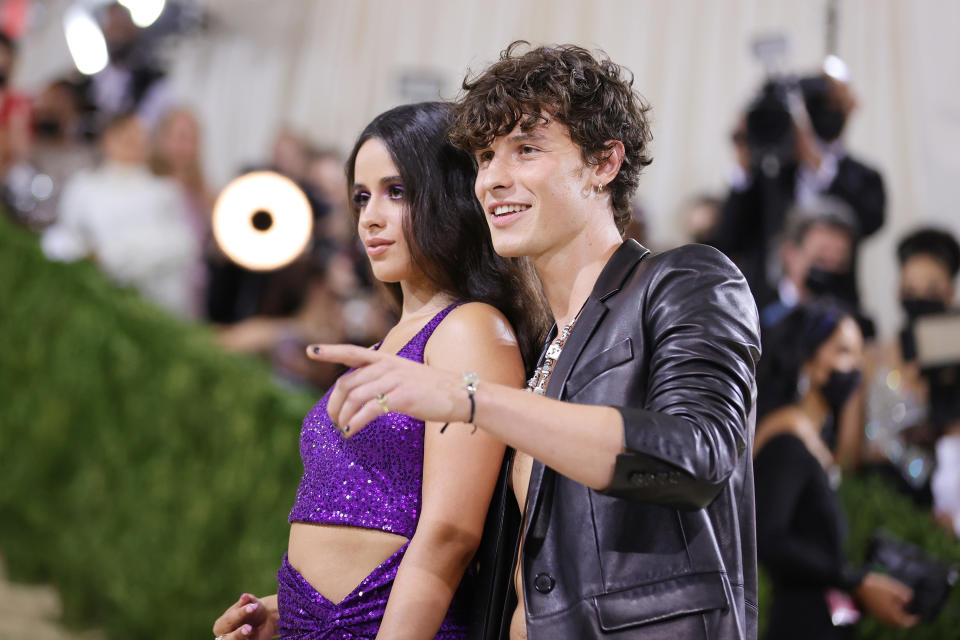
In a joint statement shared to both their Instagram stories, they wrote: “We've decided to end our romantic relationship, but our love for one another as humans is stronger than ever. We started our relationship as best friends and will continue to be best friends. We so appreciate your support from the beginning and moving forward."

